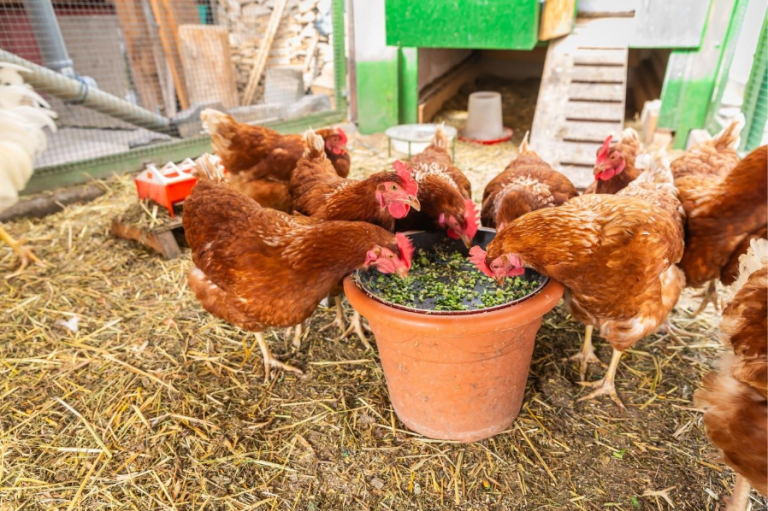Mapping the occurrence of significant diseases and causes of mortality amongst backyard chicken in Norway
In cooperation with Animalia, the project intends to increase the knowledge of diseases causing death or serious illness in backyard chickens, by urging owners and veterinarians to send dead birds for necropsy to the Norwegian Veterinary Institute. The knowledge gained from this project will be distributed and is expected to increase the knowledge and competence of veterinarians and owners.

As of today, we have limited knowledge of the various causes of illness and death in backyard chickens. This is concerning as many of the notifiable diseases in poultry historically have been detected in backyard chickens. Furthermore, backyard chickens may also carry infectious agents, that in some cases can be transmitted to humans.
In 2025 and 2026, the Veterinary Institute at Ås will, after agreement with the referring veterinarian, accept selected backyard chickens for autopsy free of charge. Individuals from flocks where disease causes high morbidity/mortality will be prioritized. During necropsy, samples for histology, bacteriology and parasitology will be taken, and other tests if required. The cost of shipping must be covered by the submitter. After completion of the analyses, a summary of the results will be sent to referring veterinarian and owner.
In this project, backyard chickens are defined as domestic birds that are kept in private gardens, produce eggs/meat for their own household and/or participate in exhibitions. In backyard chicken flocks that also include other relevant bird species, such as ducks, these may also be included. Bird flocks that only consist of pigeons, quails, companion birds, etc. are not included in this project.
The birds submitted must have recently died or been euthanized due to disease. Up to 3 individuals per flock will be examined. Fresh carcasses are preferred, but frozen carcasses may also be submitted. If notifiable diseases are suspected, the Norwegian Food Safety Authority should be contacted. The Norwegian Food Safety Authority will then assess the need for sampling before submission.
Submissions must always be discussed in advance with the pathologist on duty at the Veterinary Institute, Ås (23 21 60 00).



